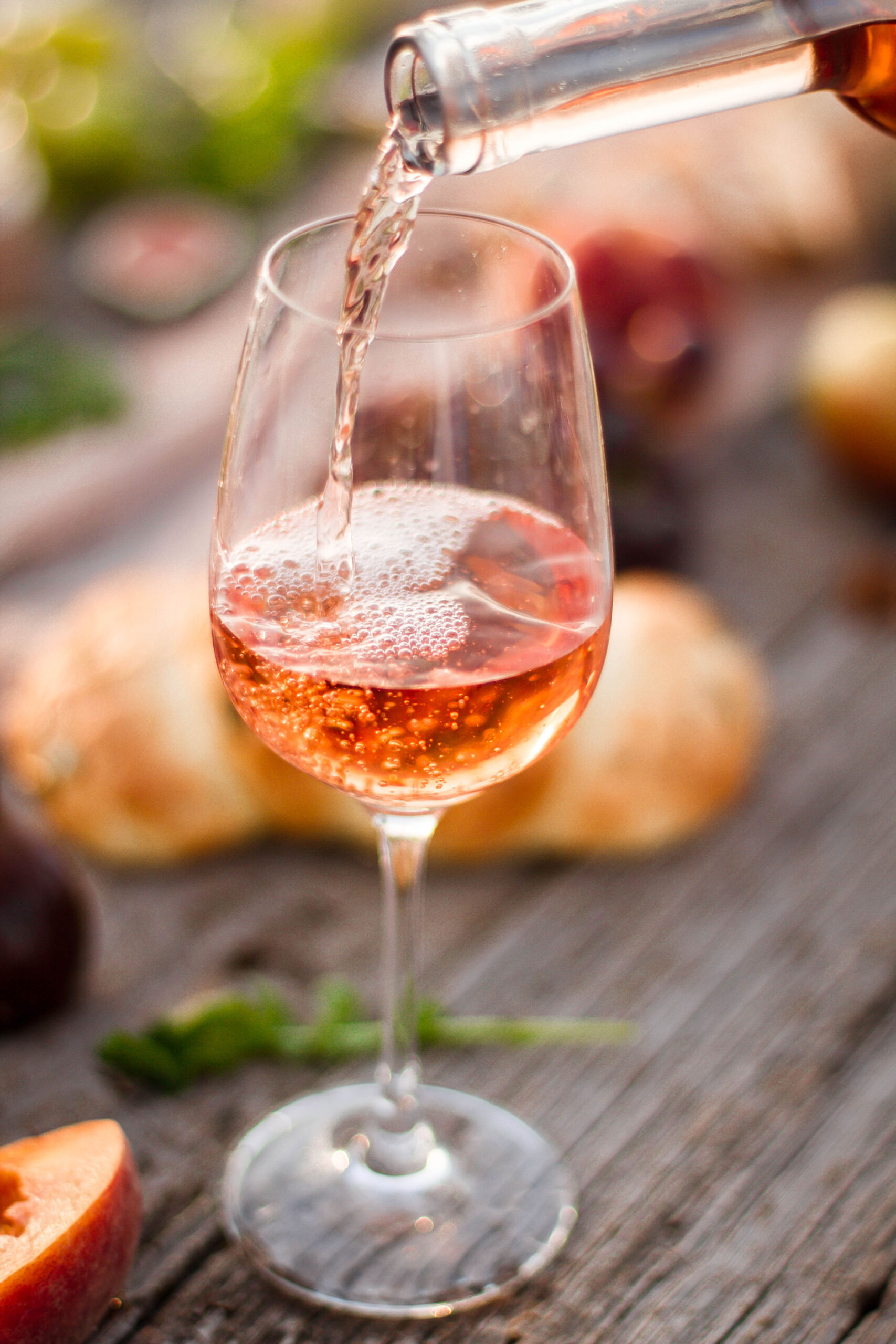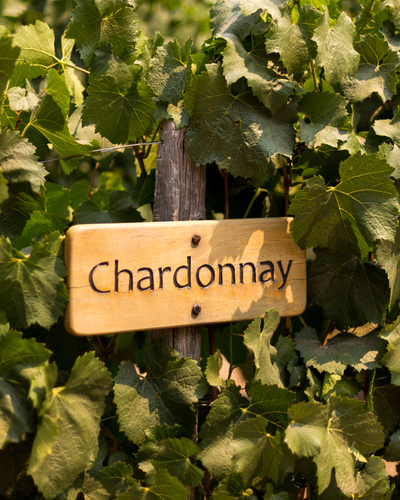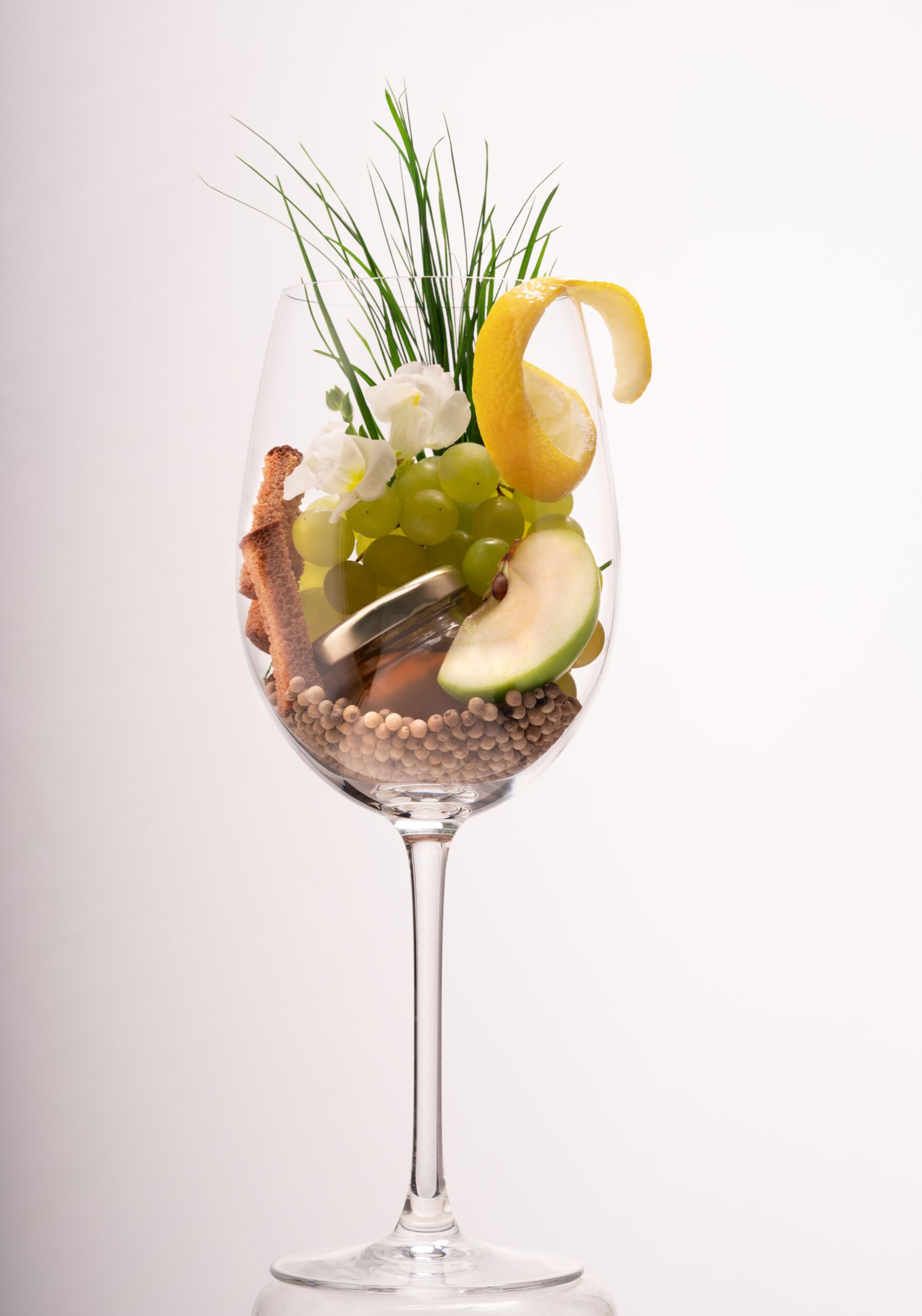I wrote recently about what the term organic means with regard to wine. Now it’s the turn of bio-dynamic.
I suppose you could say this is organic – and beyond. Bio-dynamics is a system of agriculture and horticulture introduced in the 1920s by Rudolph Steiner, an Austrian philosopher. (By the way, his areas of influence also include education, medicine, social reform, architecture and visual arts.) The central tenet is that the farm, or in our case vineyard, is seen as a self-sustaining, closed ecosystem where nothing is brought in from the outside, apart from other goods produced bio-dynamically, such as manure. Despite the farm being ‘closed’, Steiner advocates the view that everything within it, from the soil to the farmer himself, is interconnected to the universe beyond and as a result is shaped by cosmic influences, particularly the moon.
Consequently, activities on the farm, such as planting and harvesting, should be timed to harness the influences that the moon and other planets have on the growth of plants. For example, a ‘fruit day’ when the moon is in Aries, Leo or Sagittarius (Fire signs), is a good day for harvesting.
The notion of carrying out tasks according to the cycle of the moon isn’t a new idea, however: Hesiod, writing in the 9th century BC, tells us that: ‘the thirteenth of the waxing moon is a bad day to start seeding’. Thomas Tusser in his Five Hundred Pointes of Good Husbandrie of 1557 to 1580 suggests that we should ‘Sowe peason and beanes [peas and beans] in the wane of the Moone, who soweth them sooner, he soweth too soone.’. And in 1615, Gervase Markham instructs the ‘English House-wife’ that: ‘in the new of the Moone shee may sow Garlicke […] Marigolds and Time [Thyme]. The Moone full shee may sow […] Fennell and Parslie.’
Adherence to bio-dynamic principles also involves the use of specific natural preparations, made to precise recipes, to enhance the life and potency of the soil.
All of these activities are carried out to encourage the natural growth of the plants which will ultimately result in healthy, wholesome crops – in our case grapes. The system also extends to the winery. Only natural, wild yeasts are allowed in the fermentation process, and only very low levels of SO2 are permitted.
To some, while the whole concept is laudable, its methods are spurious, verging on, dare I say, lunatic (from the Latin for moon!). But whatever view you take, Steiner’s system of bio-dynamics has been practised for almost 100 years and will, I believe, continue to hold its own, or even increase its discipleship.
So to come back to why bio-dynamics is organic – and beyond: yes, like organic it’s a system based on entirely natural processes, but it is also a completely holistic approach, aiming to restore, maintain and enhance ecological balance and harmony.
And also like organic production, there are certifying bodies, so you can be sure that the wine you are drinking is indeed bio-dynamic: look out for ‘Demeter’ or ‘Biodyvin’ on the label.
And if you would like to try a bio-dynamic wine, you’re in luck – The Wine Shed stocks a good range. In fact, our Wine of the Month is a pretty special one from South Africa – Reyneke Cornerstone Organic/Bio-dynamic 2016. Give it a taste – if you like red Bordeaux, you’ll love this.
By Maureen Little






